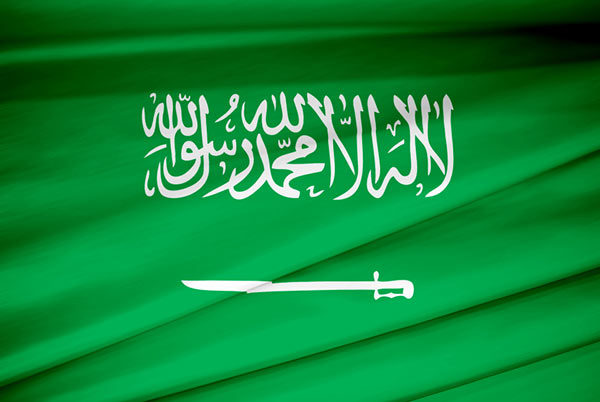Did Saudi Arabia have inkling about Lanka blasts?

NEW DELHI: Even as DNA tests conclusively proved that Zahran Hashim, chief suspect of the Easter Sunday blasts in Sri Lanka, died in the attacks, India worries that the growing tensions between the nation’s Buddhist majority and Muslim minority might plunge the island back into another crisis of the kind that saw a bloody war culminating in the LTTE’s elimination a decade back.
Given the fact that India shared detailed intelligence on the attackers days ahead of the incident, the Sirisena government has little to quibble about India’s role. That has not stopped some military leaders like Lieutenant General Mahesh Senanayke saying the attackers travelled to Bengaluru, Jammu & Kashmir and Kerala for training purposes.
Senior Indian sources indicated that they were sharing intelligence with the Sri Lankan security forces and there would be a series of actions against possible Islamist centres in India in the coming days. In Sri Lanka, this cooperation has seen an aide of Hashim, Mohamed Aliyar, arrested in the past week. On Monday, a staffer in Sri Lanka’s parliament was arrested for his links with the terror group, National Tawheed Jamaat, which carried out the attacks.
Indian officials, in their conversations with the Sri Lankans, are cautioning against making this a Buddhist-Muslim conflict, particularly after the recent clashes between the two communities. Indian security officials say the targeting of Christians by the Islamist terror group was intended to capture international attention, but ultimately it could target the country’s Buddhist majority. The recent raids in mosques and recoveries of weapons have only exacerbated tensions. India has been counselling Sri Lanka to tread more carefully.
India has also shared its concerns about the easy access of materials, explosives, etc. into Sri Lanka. “They have to tighten access from the sea,” officials said. This is where India is hoping to share its expertise with Sri Lanka.
There has been no mention of Pakistan and its jihadi groups in the context of the Sri Lankan attacks, even though India did flag some suspicious contacts in the Pakistan high commission in Sri Lanka. This itself was used to disregard the Indian alert, because Sri Lankan authorities felt India was trying to draw a wedge between them. Indian security sources figure that a Pakistani link would soon surface, given Pakistan’s suspected role in radicalising the island’s Muslims, particularly against India. The first arrests in this respect was made by the NIA in 2013, when it was discovered that an official at the Pakistan high commission was a terror handler.
In the past couple of days, a leaked diplomatic cable by the Saudi Arabian foreign ministry (leaked in a Lebanese newspaper) suggested Riyadh knew more than they were letting on about the Easter blasts, setting off a storm of speculation. The cable, which has not yet been denied by the Saudi government, is addressed to the Saudi ambassador to Sri Lanka, Abdul Nasser bin Hussein al-Harethi, and signed by the foreign minister Ibrahim bin Abdul Aziz al-Assaf.
It asks the ambassador to ensure Saudi citizens did not travel outside near churches on Easter Sunday, while asking him to delete all documents related to it. It could just be abundant caution, but conspiracy theorists are having a field day. Indian sources worry that this could fuel the fires in Sri Lanka.
(Source: Reuters / India Times)

Latest Headlines in Sri Lanka
- Popular rapper Shan Putha arrested with firearm March 14, 2025
- Batalanda commission report tabled in Sri Lankan Parliament March 14, 2025
- Female Grama Niladharis withdraw from night duty over security concerns March 14, 2025
- Sri Lanka ranked as the best country for settling down March 14, 2025
- UN pledges support for Sri Lanka’s industrial and SME development March 13, 2025


